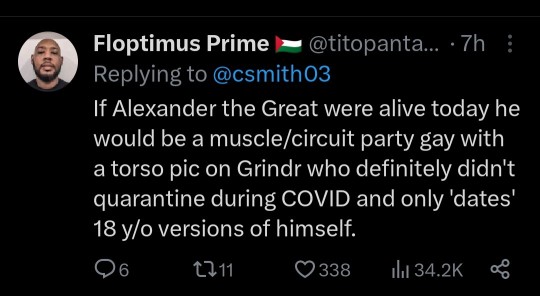#alexander the great
Text

Alexander/Hephaistion dynamics
ref
https://x.com/_goblin_mom/status/1781024754557759919?s=46&t=2tEbCteQYhTCgiWGER9q8Q
#ancient history#ancient greece#ancient macedonia#alexander the great#hephaistion#hephaestion#alexander/hephaestion#history#historical art#digital art
74 notes
·
View notes
Text
https://rebekah-571.ludgu.top/iz/2bHTdG5
https://rebekah-571.ludgu.top/iz/2bHTdG5
#edgy#covid 19#holland#humor#alexander the great#tom sturridge#briefs bulge#nightmare before christmas#yixing#wakanda forever
122 notes
·
View notes
Text
And Alexander Wept for Hephaistion....
If you don’t mind, I wanted to ask, you said something along the lines of: by the time Alexander was coming closer to his death, he had recovered from the grief of Hephaistion’s death (if I’m remembering this correctly; I’m so sorry I have a fuzzy memory) how long do you think he mourned Hephaistion?
------------------
This was an ask via message, so putting it here to reply publicly, as it may be of interest to others.
First, however, I want to mention a pair of articles I wrote many years ago now, but which are still valid:
“The Mourning of Alexander the Great,” Syllecta Classica 12 (2001), 98-145.
“Some New Thoughts on the Death of Alexander the Great,” with Eugene N. Borza (lead author), The Ancient World 31.1 (2000), 1-9. (I wrote the last 1/3 of it.)
The first, in particular, is an in-depth analysis of Alexander’s behavior after Hephaistion died. I’m still rather proud of it, as it brings together two quite diverse fields: bereavement + Alexander studies. If I had a critique for it now, it’s that I didn’t analyze the stories inherent in the primary sources, but that also wasn’t my intention in writing it. I specifically say that I do not plan to pick apart which reports of Alexander’s behavior are likely authentic and which aren’t. My goal was to evaluate all of them in terms of possible evidence of pathological bereavement, according to the (then) DSM III-R (et al.).
TL;DR version of the article: Alexander’s mourning was NORMAL and followed recognized patterns, if one allows for the loss of someone extremely close, a spouse/similar.
Yes, there were complicating factors. BUT he did not go crazy with grief.
Unfortunately, this article is far less known than the “An Atypical Affair” article on Alexander and Hephaistion’s relationship. That’s too bad, as the “His grieving was extreme!” persists among even some of my colleagues, never mind those outside the field of Macedoniasts. (It’s also admittedly possible that they were simply unconvinced by my arguments, but in that case, one usually cites and says so.)
If I could put a giant blinking neon light on one of my earlier articles to get it more attention, that would be the one I’d point to.
The second article—or my 1/3rd of it anyway—deals with the possible effects of deep mourning on the immune system of adult males of Alexander’s age group. Yes, according to some limited research, it does have an impact that increases susceptibility to infectious disease. Add his poor overall physical health after all those battles (and Macedonian-style symposial drinking), and he was just too spent to fight off the typhoid or malaria or whatever fever disease got him.
Ergo, he died roughly 8 months after Hephaistion. We don’t have a date for the latter’s death, but sometime in October or November of 324 BCE is the window. Alexander died June 10th, 323 … or possibly a day or so later if he were in a paralysis too deep for his breathing to be ascertained. (As per Gene’s part of the article.)
The dating is important, as it affects where he (probably) was in his mourning process.

Mourning follows a somewhat predictable pattern, and one of the biggest mistakes made by those unfamiliar with human mourning is to underestimate (often by a lot) just how long mourning takes … even perfectly normal, healthy mourning.
For a major loss, main mourning takes up to a year. No joke. That’s why bereavement counselors try to keep the bereaved from making any permanent decisions within that year. They’re still very much being buffeted by the winds of grief, even if they want to pretend they aren’t. But even after the year anniversary—and marking it with some sort of formal ceremony helps!*—mourning continues off-and-on (sometimes really intense for a few hours or even a few days) for up to 5 years. Again, no joke. Some bereavement studies experts don’t really consider a person truly recovered (note I never say “over it”) for as long as 10 years.
Additionally, ANY deep loss triggers mourning; it doesn’t have to be death. A divorce will result in mourning, even if the people in the marriage wanted to divorce. It’s still a “death” of sorts. Moving some distance away, graduation, and retirement can all set off mourning. This surprises people, that mourning can attach even to “happy” circumstances. Anything that includes an ending will set off mourning, albeit it may not be that intense.
But THE #1 and #2 most devastating losses are the loss of a child and the loss of a spouse/spouse-like figure. Period.
So, a slight correction to the question, I didn’t say he’d recovered from his mourning, but that he was beginning to emerge from the deepest parts of mourning.
What do I mean by that? There are (roughly) 3(-4) major phases of mourning. The speed at which we pass through these varies, dependent on the type of death and our closeness to the deceased. (The first article goes into that in more depth.)
Shock phase, which is typically anywhere from a few days to about 2 weeks.
Deep mourning phase, where the bereaved must come to terms with the loss. The bereaved cycles through a series of stages (not the best term) and, more importantly, struggles with certain TASKS of mourning (as per Worden). Again, the length of this phase can vary, but for serious losses, it can take up to 8-9 months, with the worst of it usually hitting 3-6 months. There is an intense focus on the deceased and the bereaved person may want little to do with new people and vacillate between wanting to talk a lot about the deceased or wanting to give away all their stuff because it’s too painful. Anger, bargaining, depression, self-blame … all are typical of this phase. It’s INTENSE. It really does take months, and people routinely underestimate it.
Re-emergent phase, where the bereaved begins to take an interest again in the external world, may make new friends and new plans that don’t involve the deceased. The deceased is far, far from forgotten, but the bereaved is learning to live without the dead person.
Continued bereavement would be a fourth phase past the one-year anniversary, where the bereaved will still experience grief, sometimes very intense when triggered by a particular memory, a birthday, or anniversaries. But the overall “worst” part of mourning is past.
Finally, especially in the deepest part of mourning, the depression felt by the bereaved is on par with clinical depression, but (except for rare cases) the bereaved absolutely should not take or be prescribed antidepressants as these interrupt the mourning process.
Yes, it hurts like hell but one can only go through, not over, around, or under. Through.
In some cases, however, bereavement becomes “complicated,” resulting in what’s referred to as pathological bereavement, by which I mean only not normal (I wouldn’t even say abnormal). Sudden death (as with Hephaistion) IS one factor that can complicate mourning, but it doesn’t necessarily lead to full-blown pathological grief. In the article, I evaluate all Alexander’s listed behaviors and explain why my final conclusion is that his bereavement was sharp, but not pathological.
Alexander’s behavior in the last few months showed aspects of the third phase. He was planning (or probably returning to planning) his next campaign and thinking about improvements to the city of Babylon apparently with the intention of making it his eastern capital. Yes, he was also planning Hephaistion’s funeral, but the other two things were new and show re-engagement.
So Alexander’s mourning had not ended before he died himself, only shifted. Even if he’d lived another 5 years, he’d still have experienced bereavement off and on.
Remember, grieving takes TIME. More time than you expect.
If you know someone going through grief, especially for a family member, beloved, or very close friend … give them space. Let them cry. Encourage them to talk about the lost person if they want to, but don’t force it if they don’t want to. Don’t argue with their theology/beliefs about death or their gallows humor, but also don’t shove your theology/beliefs about death, or your gallows humor, onto them. Read the room.
MOST OF ALL, JUST BE PRESENT. It matters less what you say than that you’re there. They may not even remember what you say later; they will remember you showed up.
—————-
* In fact, world cultures that have traditional, one-year anniversary ceremonies routinely show better outcomes for mourning individuals.
#asks#Alexander the Great#Hephaistion#Hephaestion#death of Hephaistion#death of Hephaestion#Mourning of Alexander the Great#bereavement#mourning#tasks of mourning#stages of grief#Alexander the Great's grief#alexander x hephaestion#alexander x hephaistion
24 notes
·
View notes
Text
Tell me you know nothing about history without telling me you know nothing about history

#'turned him gay'#newsflash asshole he's been gay (bi rather) the entire time!#alexander the great#history#to clarify this is a reaction to the tweet#I don't know anything about the documentary itself or how accurate it is
48K notes
·
View notes
Text













Besides, you'll be by my side, right? Till the bitter end.
Alexander the Great and Hephaestion in Alexander: The Making of a God (2024)
#alexander the making of a god#alexander the great#hephaestion#dailymengifs#perioddramaedit#perioddramagif#alexander x hephaestion#buck braithwaite#will stevens#mine#historically accurate tbh#this could have been a smaller gifset. but it isnt.#1k
5K notes
·
View notes
Text

#tumblr memes#memes#meme#meme humor#memesdaily#history memes#history humour#history shitposting#alexander the great#queer memes#gay memes#lgbtq memes#funny but true#funny because it's true#dank humor#dank memes#dankest memes#shitpost#funny stuff#funny#funny shit#funny post#funny memes#ha ha funny#funny meme haha#history side of tumblr#lol#lol memes
4K notes
·
View notes
Text




Ptolemy tired of thirdwheeling Alexander and Hephaestion in Episode 1: The Boy King
Alexander: The Making of a God (Netflix, 2024)
#alexander the great#hephaestion#alexander x hephaestion#alexander the making of a god#buck braithwaite#will stevens#perioddramaedit#netflixedit#mygifs*#makingofagod*#tv: alexander the making of a god#pls this was so funny
3K notes
·
View notes
Text

it actually wasn’t netflix who turned alexander the great gay, it was ben willbond in 2009 on hit children’s tv show horrible histories
#i genuinely believe that if horrible histories came out today conservatives would lose their minds#horrible histories#ben willbond#bbc ghosts#alexander the great#mine
2K notes
·
View notes
Text
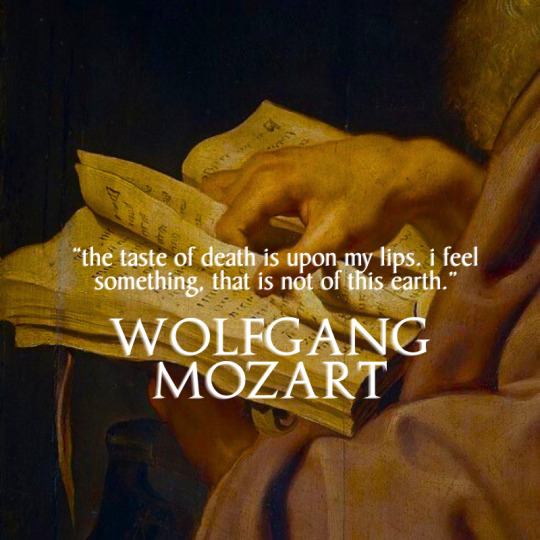

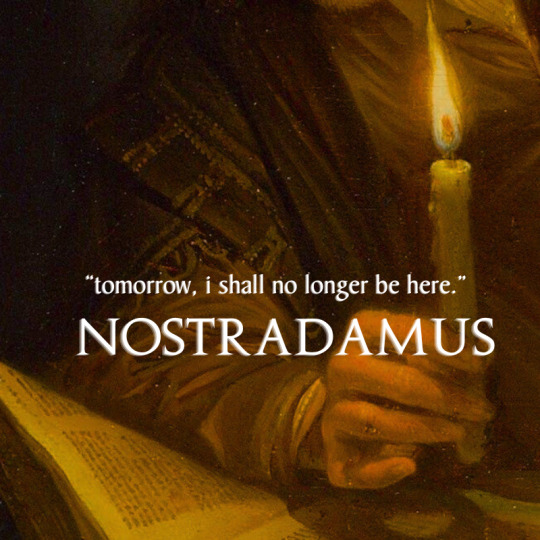













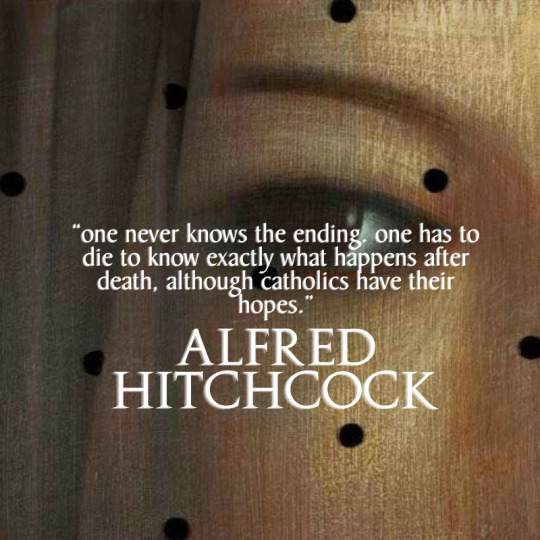

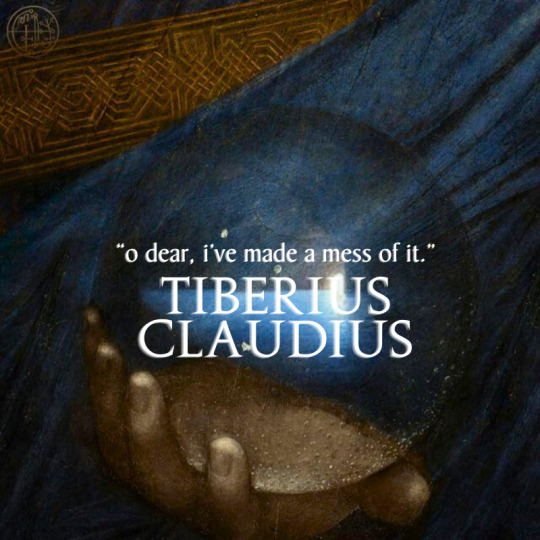
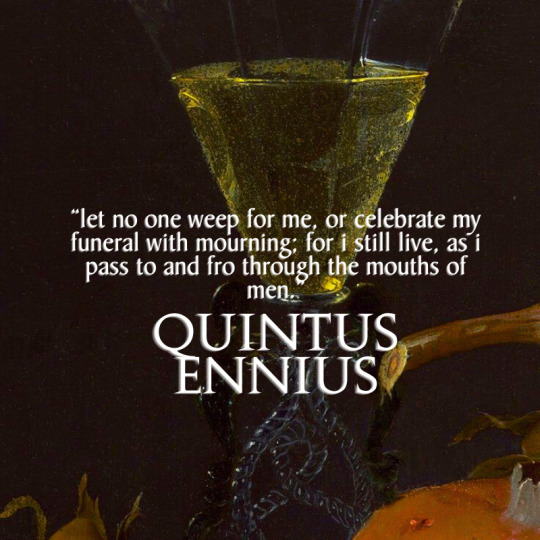










history + last words
#history#art#karl marx#mozart#voltaire#emily dickinson#alexander the great#vincent van gogh#jane austen#ludwig van beethoven#alfred hitchcock#catherine of aragon#leonardo da vinci#historyedit#*mine
3K notes
·
View notes
Text
Homer: I chose to focus on Achilles dragging Hector behind his chariot in my composition of the Siege of Troy as a meditation on the horrors men commit when consumed by grief and rage.
Alexander: At long last I have re-enacted the war crime of my hero Achilles from the poem That Time Achilles Did Some Really Fucked Up Things and Learned Better.
4K notes
·
View notes
Text

Imagine being so dumb the Qanon Shaman is correcting you about misinterpreting history.
1K notes
·
View notes
Note
Dark! Platonic Alexander the Great x illegitimate! Daughter reader?





He had you when he was really young, barely fifteen years old.
Even though many men back then had children younger than his age.
Alexander didn't give you up, in fact, he insisted that you stay by his side, not caring for the criticism lashed towards him.
Not only that, but also tried to convince his father to legalizes you.
But his father refused to do so.
However, when King Philip II gets assassinated, and your father becomes king at twenty-one, the first thing he does is claim you as his true-born child.
For the Macedonian Greek king, you were not just a child related to him by blood...
You are the daughter he spends long nights telling about his glorious fights and hunts.
Unlike his father who belittles his achievements, you always seem excited to listen to him.
Also, you have the same interests as him, you love to always learn and improve even as a young child.
Alexander decided to bring you with him on his conquests, even though his mother, Olympias objected to the idea, stating that war is no place for a girl.
But your father insisted that you shall come with him because you are his daughter.
Of course, he kept you protected away from the battle field.
One time, Cleitus, one of the generals, flirted with you during the celebration of one of your father's victories.
Alexander got word of that and killed his friend with his own hands in drunken fury.
As years pass by, your health becomes more frail, and you start to pass out during long journeys.
Alexander appointed the highest physicians to cure you, but they failed to even find out what is making you so weak in the first place.
On your deathbed, you keep mumbling your father's name while Alexander keeps holding your hand, pleading for his gods to save you.
"Father...Father"
"Don't leave your father alone, (Y/n), don't be so cruel" the conqueror choked out the words, with tears falling down his face
But unfortunately, you passed away at the age of seventeen, leaving your father heartbroken and feeling great guilt.
Alexander also died a few months later from typhoid fever.
His last request was that they move your body to his tomb, so he can find you again in the afterlife.
1K notes
·
View notes
Text



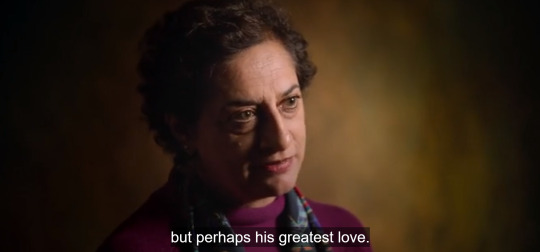
VINDICATION!!
807 notes
·
View notes
Text

852 notes
·
View notes
Text



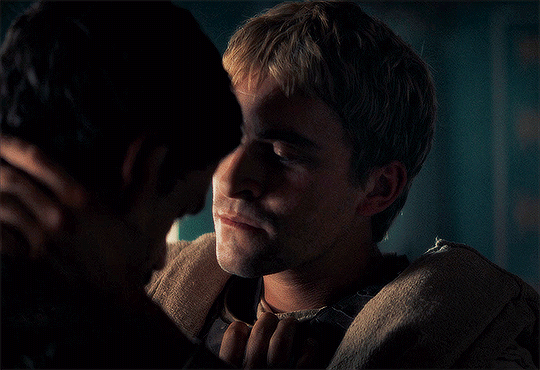

"But the fates of death await us. So we either give our enemy glory…"
"Or win it for ourselves."
Alexander the Great and Hephaestion in Alexander: The Making of a God (2024)
#alexander the making of a god#alexander the great#hephaestion#perioddramaedit#perioddramagif#alexander x hephaestion#buck braithwaite#will stevens#mine#a lot could be said about how they portrayed their relationship and especially hephaestion's character but well. at least they were gay!#they were constantly headbutting which is really sweet i love a good headbutt of love
988 notes
·
View notes





